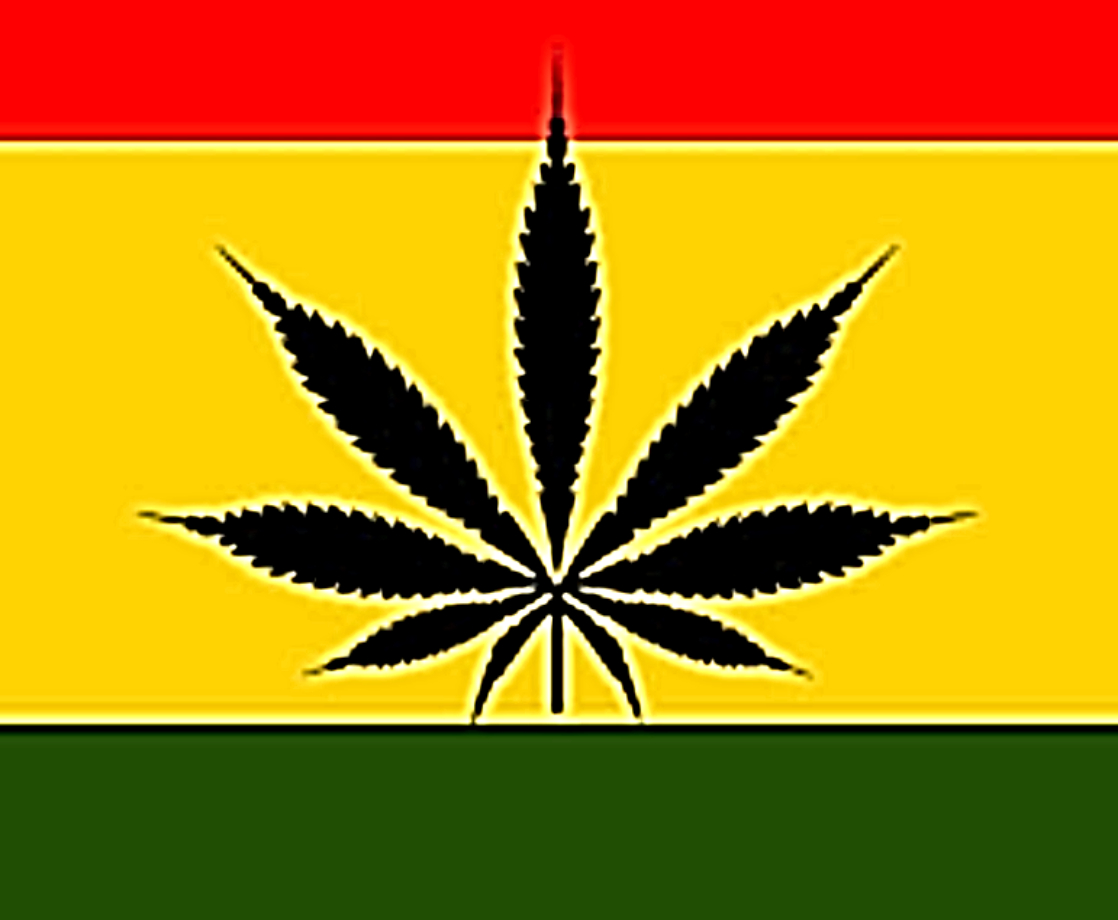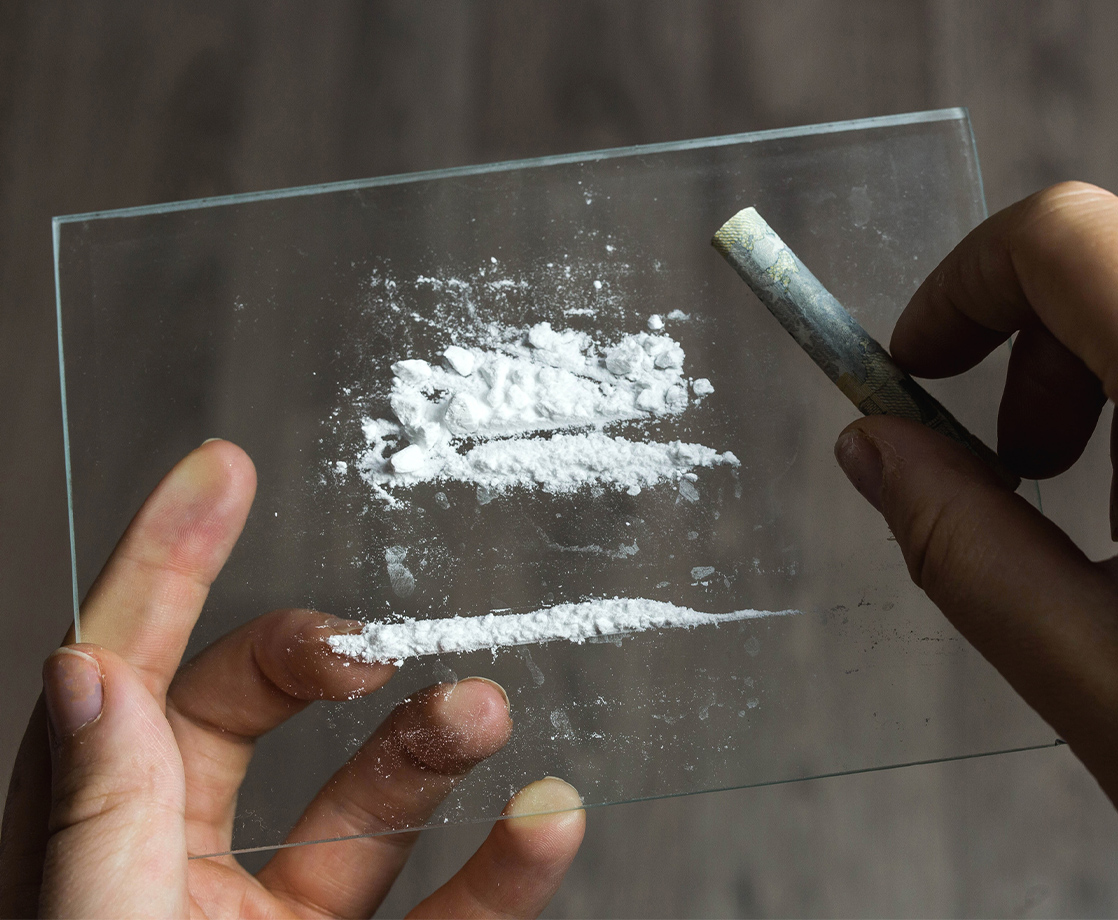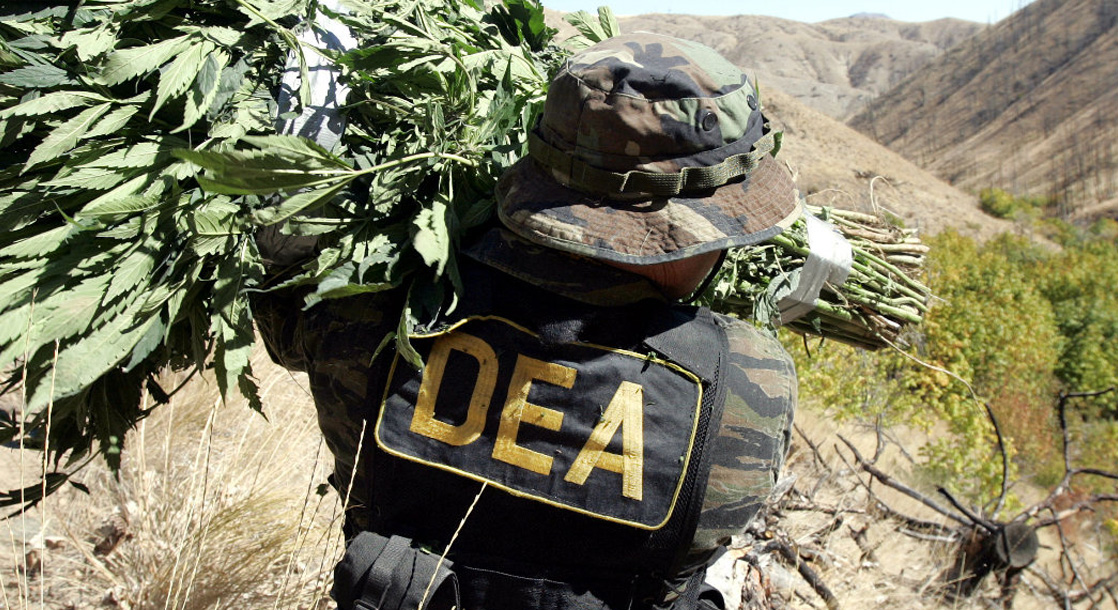Ghana just legalized the medical and industrial use of hemp, joining the small but growing wave of cannabis reform in Africa.
Last Friday, Ghana’s Parliament passed the Narcotics Control Commission Bill, granting the country’s Narcotics Control Board (NACOB) extended powers to regulate the industrial use of certain prohibited substances. During the Parliamentary debate, lawmakers also added a clause to the bill that legalizes the production of hemp for medical and industrial use. Like the US, Ghana imposes a limit of 0.3 percent THC on all legal cannabis plants.
Ghanaian businesses have traditionally used hemp to create jute sacks for packaging cocoa and other produce. But because the country’s previous drug laws prohibited the domestic production of hemp, businesses had to import hemp from other countries. Now, local farmers will be able to produce this crop on their own soil and sell it to local businesses.
Hemp also has thousands of other industrial uses, and has traditionally been used to make clothing, paper, fiber, and even bioplastics. The new law also legalizes medicinal products, which could include low-THC and CBD products among other non-psychoactive cannabinoids.
Although the law was only passed three days ago, the country’s nascent hemp industry is ready for business. The Hemp Association of Ghana (HAG) has already signed a deal with a Ghanaian-owned cannabis company in Portugal which is expected to net over $56 million in the next five years.
The new partnership intends to open a 100-acre hemp plantation in Ghana, some of which will be exported to other countries. The HAG has estimated that it will be able to collect $2.8 million for each hemp harvest, potentially bringing the government as much as $10 million in taxes.
The sudden passage of the bill caused some confusion around the country. The surprise announcement of hemp legalization has been widely misinterpreted as full adult-use legalization, but authorities have made it clear that recreational cannabis use is still a crime. Cannabis plants with over 0.3 percent THC remain illegal, “and if you are [seen] possessing or smoking it you will be put in jail so people must be careful here,” said Kennedy Osei Nyarko, a Member of the Ghanaian Parliament, to GhanaWeb.
The country’s Mental Health Authority was apparently just as surprised by the sudden legalization of hemp as the country’s citizens. “We were not consulted before the bill was passed,” said Dr. Akwasi Osei, CEO of the Mental Health Authority, to GhanaWeb. “This [is] troubling and unfortunate. When you see the MPs, tell them I say the passage was a terrible thing for the country. We would blame them for any negative impact of this passage.”
In light of the confusion, HAG President Nana Kwaku Agyemang made it clear that hemp legalization has nothing to do with adult-use pot. “We seem to get lost in this issue of getting high, and all we can talk about as Ghanaians is smoking,” said Agyemang to Africa Feeds.
“We are not promoting smoking,” Agyemang continued. “We are promoting industry, we are promoting cleaning up the environment, we are promoting creating a new revenue stream for government in terms of taxing from cultivation and export and we are talking about promoting medicines that are far better than opioids, medicines that cannot kill you because no one has died from taking cannabis.”
The hemp legalization clause is only a small part of the new narcotics bill, which marks a paradigm shift in the country’s drug policies. Illegal drug use will now be considered a public health issue rather than a criminal issue, and NACOB will focus new policies on rehabilitating drug addicts rather than incarcerating them.
Although marijuana remains a highly popular illegal crop throughout Africa, cannabis remains strictly forbidden in most African nations. In recent years, however, a growing number of nations have recognized the social and financial potential of legalization. Lesotho, Zimbabwe, Zambia, and Malawi have all legalized medical marijuana in the past three years, and South Africa legalized full adult-use in 2018.











